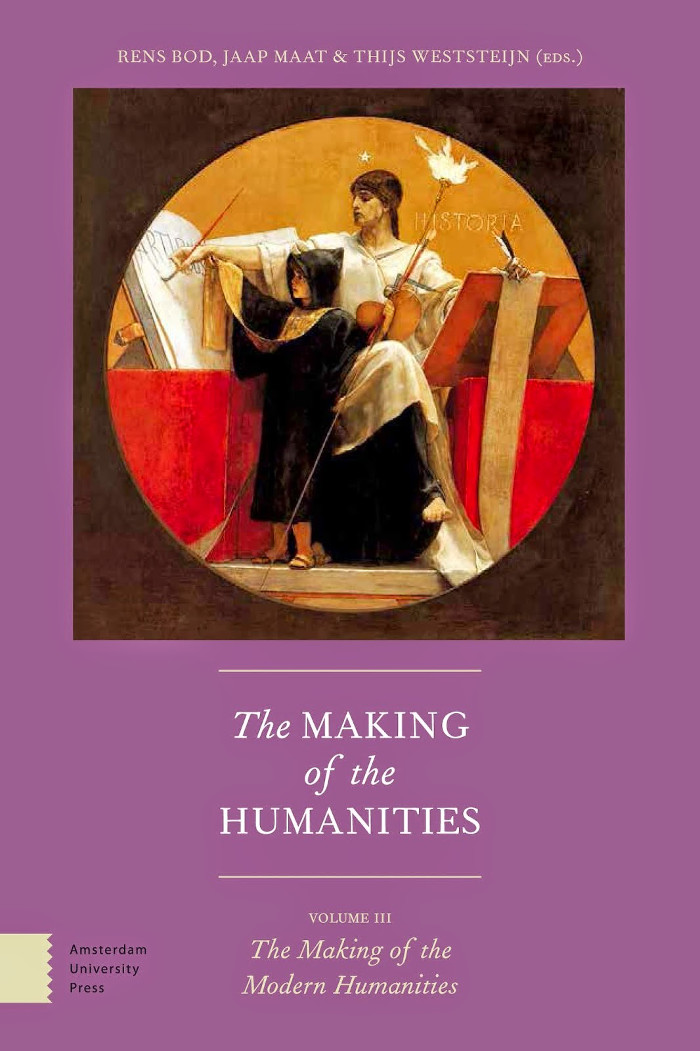Sylvia Berryman: The Mechanical Hypothesis in Ancient Greek Natural Philosophy (2009)
Filed under book | Tags: · antiquity, astronomy, automata, engineering, history of science, history of technology, machine, mechanics, philosophy, physics, science, technology

“It has long been thought that the ancient Greeks did not take mechanics seriously as part of the workings of nature, and that therefore their natural philosophy was both primitive and marginal. In this book Sylvia Berryman challenges that assumption, arguing that the idea that the world works ‘like a machine’ can be found in ancient Greek thought, predating the early modern philosophy with which it is most closely associated. Her discussion ranges over topics including balancing and equilibrium, lifting water, sphere-making and models of the heavens, and ancient Greek pneumatic theory, with detailed analysis of thinkers such as Aristotle, Archimedes, and Hero of Alexandria. Her book shows scholars of ancient Greek philosophy why it is necessary to pay attention to mechanics, and shows historians of science why the differences between ancient and modern reactions to mechanics are not as great as was generally thought.”
Publisher Cambridge University Press, 2009
ISBN 0521763762, 9780521763769
286 pages
Review (Serafina Cuomo, Aestimatio, 2012)
Review (Jean De Groot, Metascience, 2012)
Talk by the author (video, at UBC, 104 min, 2011)
Rens Bod, Jaap Maat, Thijs Weststeijn (eds.): The Making of the Humanities, Vol. 3: The Modern Humanities (2014)
Filed under book | Tags: · aesthetics, archaeology, art history, classics, digital humanities, history, history of science, humanities, knowledge, language, linguistics, literary theory, literature, musicology, philology, philosophy, science, social science, theatre

“This comprehensive history of the humanities focuses on the modern period (1850-2000). The contributors, including Floris Cohen, Lorraine Daston and Ingrid Rowland, survey the rise of the humanities in interaction with the natural and social sciences, offering new perspectives on the interaction between disciplines in Europe and Asia and new insights generated by digital humanities.”
Publisher Amsterdam University Press, Amsterdam, 2014
Creative Commons BY-NC 3.0 License
ISBN 9789089645166
724 pages
PDF, PDF (6 MB, updated on 2022-12-20)
Volumes 1-2
Peter K. J. Park: Africa, Asia, and the History of Philosophy: Racism in the Formation of the Philosophical Canon, 1780–1830 (2013)
Filed under book | Tags: · africa, asia, china, egypt, empiricism, history of philosophy, idealism, india, pantheism, persia, philosophy, race, racism, religion, science

“A historical investigation of the exclusion of Africa and Asia from modern histories of philosophy.
In this provocative historiography, Peter K. J. Park provides a penetrating account of a crucial period in the development of philosophy as an academic discipline. During these decades, a number of European philosophers influenced by Immanuel Kant began to formulate the history of philosophy as a march of progress from the Greeks to Kant—a genealogy that supplanted existing accounts beginning in Egypt or Western Asia and at a time when European interest in Sanskrit and Persian literature was flourishing. Not without debate, these traditions were ultimately deemed outside the scope of philosophy and relegated to the study of religion. Park uncovers this debate and recounts the development of an exclusionary canon of philosophy in the decades of the late eighteenth and early nineteenth centuries. To what extent was this exclusion of Africa and Asia a result of the scientization of philosophy? To what extent was it a result of racism?
This book includes the most extensive description available anywhere of Joseph-Marie de Gérando’s Histoire comparée des systèmes de philosophie, Friedrich Schlegel’s lectures on the history of philosophy, Friedrich Ast’s and Thaddä Anselm Rixner’s systematic integration of Africa and Asia into the history of philosophy, and the controversy between G. W. F. Hegel and the theologian August Tholuck over ‘pantheism.'”
Review (Carlin Romano, Chronicle of Higher Education, 2014)
Discussion (Warp, Weft, and Way blog, Oct 2014)
Publisher SUNY Press, 2013
Philosophy and Race series
ISBN 9781438446417
237 pages

